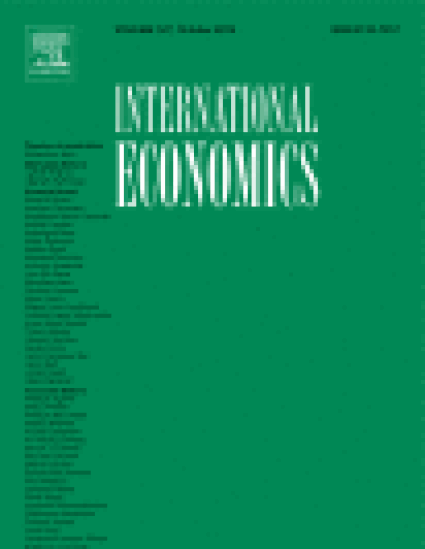
Article
Economic and Political Determinants of Exchange Rate Regimes: The Case of Latin America
International Economics
(2016)
Abstract
This study examines the determinants of exchange rate regime choice between 1985 and 2010 for 20 Latin American countries. The study uses an ordered panel probit that takes into account economic, political and institutional factors. Results indicate that fixed exchange rate regimes in Latin America are associated with small and open economies with respect to trade and financial flows. The larger the tradable sectors are, the less likely it is that a government will peg its currency. Furthermore, the quality of political institutions, political strength and credibility have an influence on how exchange rate regimes are set. Democratic institutions and politically stable contexts are associated with flexible exchange rate regimes, while long tenured governments with more years left in the current term tend to peg their currency. These results seem to support the idea that governments are more concerned about their sustainability than using the exchange rate regime as a commitment device. Finally, results are robust to various specifications and methodologies
Keywords
- Political factors,
- Exchange rate regimes,
- Latin America
Disciplines
Publication Date
October, 2016
DOI
10.1016/j.inteco.2016.03.001
Publisher Statement
© 2016 CEPII (Centre d'Etudes Prospectives et d'Informations Internationales), a center for research and expertise on the world economy. Published by Elsevier B.V. All rights reserved.
Citation Information
Cesar M. Rodriguez. "Economic and Political Determinants of Exchange Rate Regimes: The Case of Latin America" International Economics Vol. 147 (2016) p. 1 - 26 ISSN: 2110-7017 Available at: http://works.bepress.com/cesarm-rodriguez/10/
